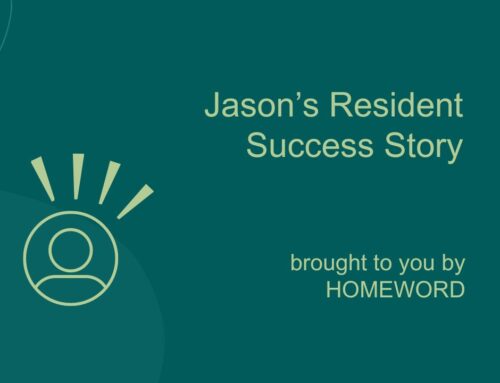SELF-COMPASSION IS KEY TO FINANCIAL RESILIENCY

August is Happiness Happens Month, and that has me thinking about all the ways our financial world impacts our overall happiness.
Imagine this scenario: you have been saving for months, sacrificing luxuries big and small to reach your financial goal. You know your landlord is raising rent with your lease renewal and you only have a few more months to try to save this little extra before you will need it to pay rent, then BOOM! Out of the blue you have something happen. It might be a medical emergency, a car accident or something else that uses your hard-earned savings. A hit like that is bound to hurt anyone’s morale when it comes to reaching a big financial goal.
In times like these, one of the very best tools you can use to regain happiness in your financial world is self-compassion. Psychologist Kristen Neff defines self-compassion as “extending grace to yourself using three elements: self-kindness, common humanity and mindfulness.”
The truth is, while we are in control over many factors that affect our financial landscape, there are some things we as individuals have little or no control over that can deeply impact our day-to-day financial reality.
Today we see many examples of this, such as increased home and rent prices, inflation with gas and groceries and increased medical costs. All these can leave community members feeling defeated when it comes to meeting their financial goals.
So, what can we do in the face of these circumstances? Here are some tips to help bring forward your self-compassion:
- Take a moment to review what is within your control and what is not. Refocus on what is.
- Recognize that we all make mistakes, and that is okay.
- Use your feelings to help you bring your awareness to your financial landscape. Much like a meditation practice, bringing awareness without judgement can help you see the picture logically and with a sense of curiosity. This curiosity is vital when it comes to remaining open to making changes in our habits that can help us reach our goals.
- Appreciate a positive outcome even if it wasn’t your original goal. For instance, in my scenario above, while this person was unable to use their savings for their goal, they were able to make it through a hard time without taking on additional debt. This will let them begin again from a stronger place than they otherwise might be. That is worth celebrating.
For more information on Happiness Happens month you can visit the Society of Happy People.
By Julie Pavlish for Homeword’s HomeOwnership Center
Learn more about our homebuyer education program.





